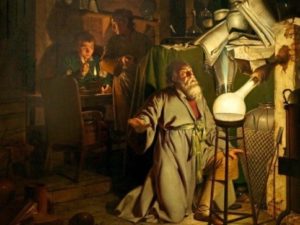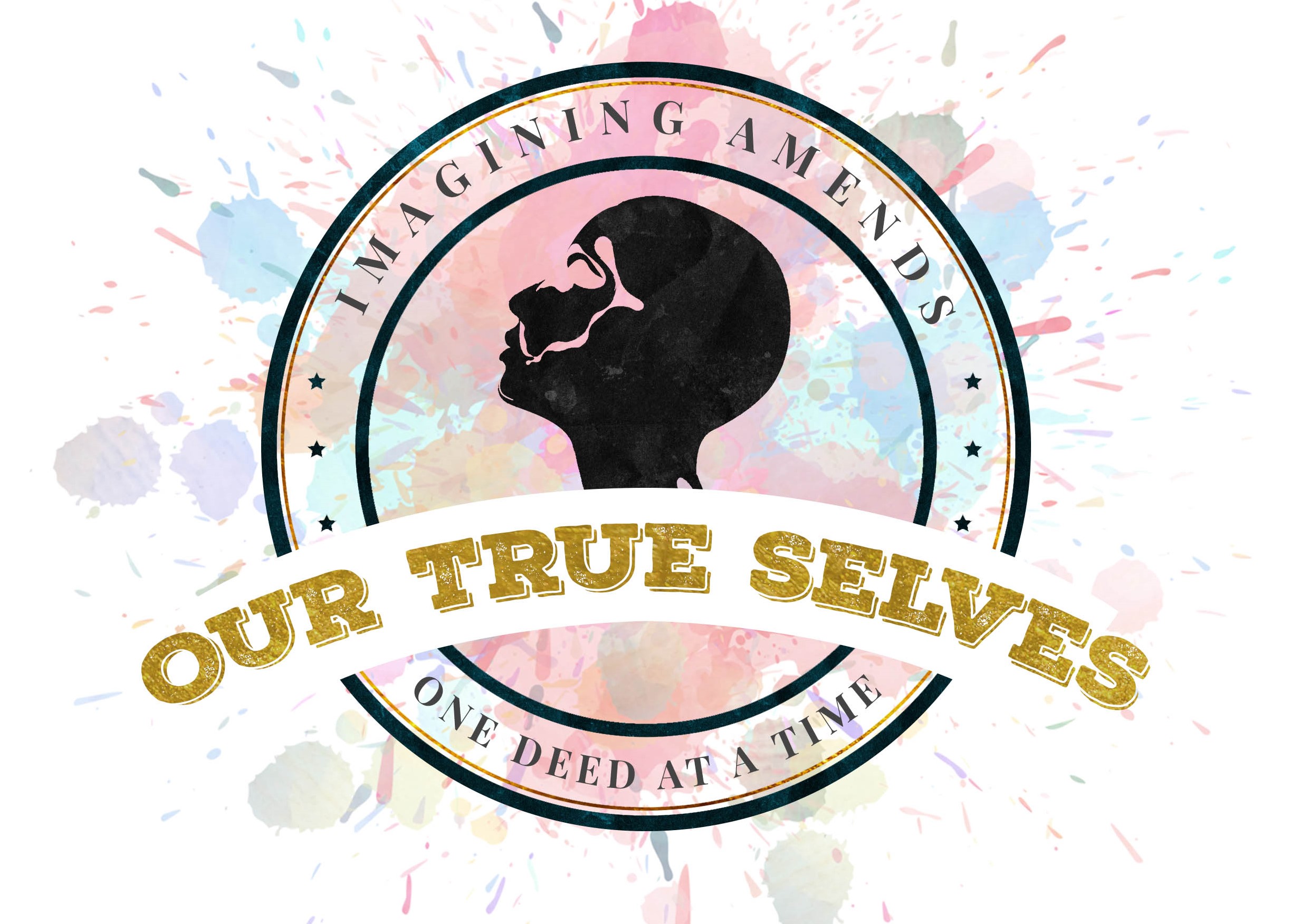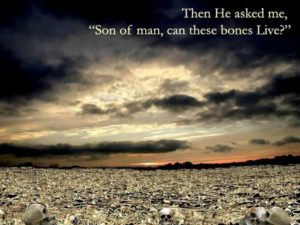Historical research offers a treasure trove of compelling measures that people across time have taken to make amends for our faults and failings, mistakes and violations of others. In addition to amends owing to our own selves, to organizations or institutions, to our planetary home and other species, innumerable amends are owed to uncounted victims across the millenia.
That list of prospective beneficiaries of our care may span from distant ancestors, to the more recent generations just past. Of course we feel overwhelmed by the prospect of taking on such a variety and multiplicity of claimants on our moral integrity, good will and compassion. But in the contemporary period we are discovering imaginative and creative ways to expedite such tasks. Reclaiming our true selves offers a way forward; moving forward by attending to our best intentions, not merely conceding to (or denying the legitmacy of) guilt-driven impacts or abstract efforts at altruism. That’s why this archive is offered. It offers a positivity-driven opportunity to reclaim our true selves by way of attending to the rightful claims of others.
But first only imagine, we invite. Just imagine the amends that could be rendered in such a case, or for such or such a failing or occasion, or for such a time as may never occur but could be gracefully utilized if the circumstances allowed–and so on. Imagination provides the magic tendered here: just imagine, without the urgency or anxiety of performance or the imperative of any requirement. Suspend all that for a while. Let’s take a blessed moratorium–a microscopic epoche–until we may see our way forward if and when enabled. For here and now we simply imagine historical amends–one deed at a time.
Amending the Past in the Present
In that connection, the American philosopher Josiah Royce offers a perspective that is nuanced and bold. But please allow for his academic style and terminology. Instead of our neutral term, “amends,” he deploys the theological term “atonement,” and for our inclusive term “misdeeds” he uses a more value-laden and moral term, “treason.” Nonetheless we may secularize and generalize his terms for our more humanist and diverse purposes, as follows in the ‘time alchemical’ application immediately below. Writing in the early 1900s Royce wrote:
No baseness or cruelty of treason so deep or so tragic shall enter our human world, but that loyal love shall be able in due time to oppose to just that deed of treason its fitting deed of atonement . . .
The world, as transformed by this creative deed, is better than it would have been had all else remained the same, but had that deed of treason not been done at all. —Josiah Royce, The Problem of Christianity (Catholic Univ. of America, 2001 [1913]) p.186.
A ‘Time Alchemy’ Application

Joseph Wright, “The Alchymist, in Search of the Philosopher’s Stone, discovers Phosphorus, and prays for the successful conclusion of his operation, as was the custom of the ancient chymical astrologers”[i]
[i] (18th century), oil on canvas (via Derby Museums), reprinted in Sarah Blake, “Traces of the Philosopher who Discovered the Philosopher’s Stone in Paris;” February 26, 2014 blog accessed 1-8-2019 at: https://www.atlasobscura.com/articles/nicolas-flamel-and-the-philosopher-s-stone
Time-alchemy, a term we coin here, involves practices as old as ancient shamanism and as current as the New Age. The term offers a compelling metaphor for understanding how diverse peoples reclaim our humanity from the negative impact of traumatic occurrences in history and culture. ‘Trauma mastery’[i]—a more current term for connecting the archaic to the contemporary—provides a useful framework for exploring this kind of alchemy. Here, simply recall the medieval alchemist’s use of base and precious metals to perform magical transformations on self and culture. Similarly today, trauma adepts mix and combine the most abysmal features of self and culture, with the most noble features of ourselves and our cultures, in order to effect psychosocial health and wholeness in persons and society. In such terms time-alchemy performs trauma mastery at mass scale, at the scale of history and culture.[ii]
[i] “Trauma mastery is healing from trauma by re-visiting it or recreating situations with the hope of a different outcome. Healers who have experienced a personal trauma may feel the need to support others as a way of contributing to more positive outcomes than what they experienced. Although this can be a constructive way of mastering a personal trauma, it cannot substitute for one’s own recovery process.”
Accessed 12/20/18 at: http://www.joyfulheartfoundation.org/learn/vicarious-trauma/about-issue/related-terms-and-definitions.
As in medieval alchemy, wherein the alchemist’s pursues symbiotic operations between self and world via the transformation of material substances, the focus here includes self-treatment as a prerequisite for ‘supporting others.’
[ii] “Sometimes a whole people needs healing work. Not a tribe, not a nation. Tribes and nations are just signs that the whole is diseased. The healing work that cures a whole people is the highest work, far higher than the cure of single individuals.”
Ayi Kwei Armah, The Healers (Nairobi, Kenya: East African Publishing House, 1978), p, 100.
Below we provide a ‘time-alchemical’ mantra that incorporates Royce’s visionary insights highlighted above, and set to the plain-chant tune offered in this linked audio clip:
Here we make healing for things past
By treating misdeeds as-if still happening now--
Still happening in our present situations--
Imagining we can offer restitutions.
Paying back to victims living now,
As-if to represent each victim living then,
To find ways forward we make sure with our new deeds,
To make it better than if misdeeds never happened.
We make the time we present with others now,
Be well spent in mending the things past;
Thus ensure new deeds we're offering instead,
Make the world even better than before.
[Repeat:]
Thus ensure new deeds we're offering instead,
Make the world even better than before.



